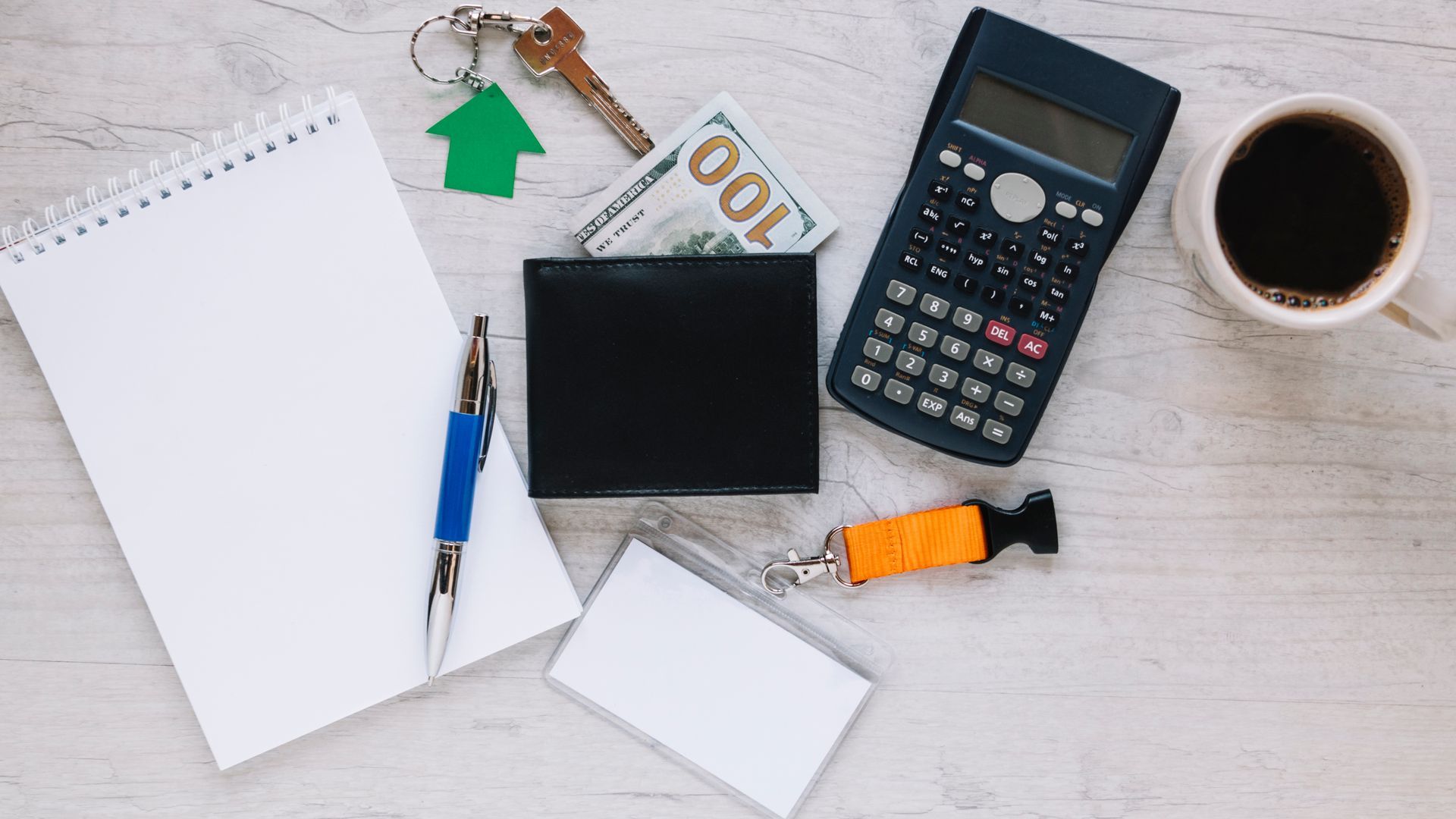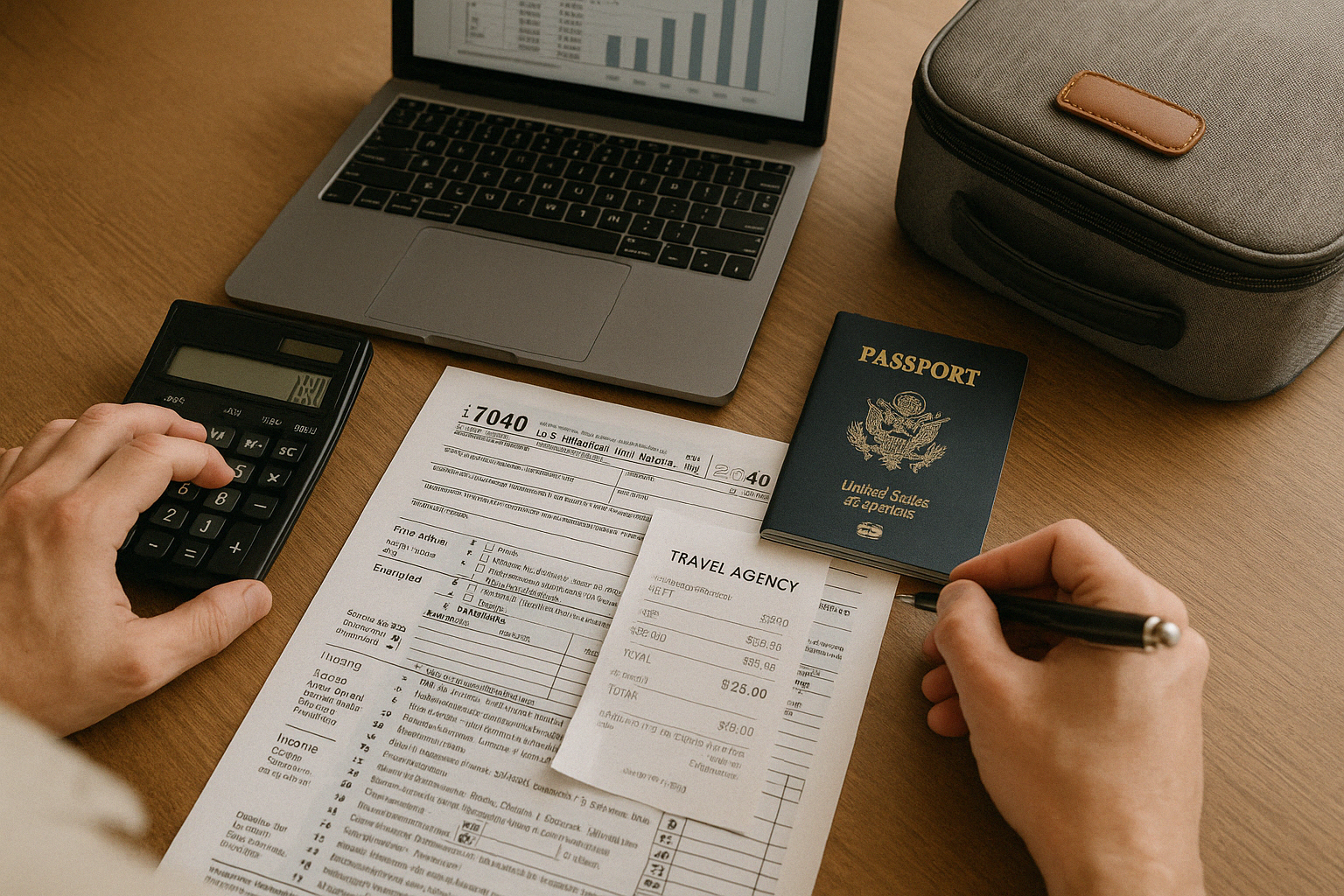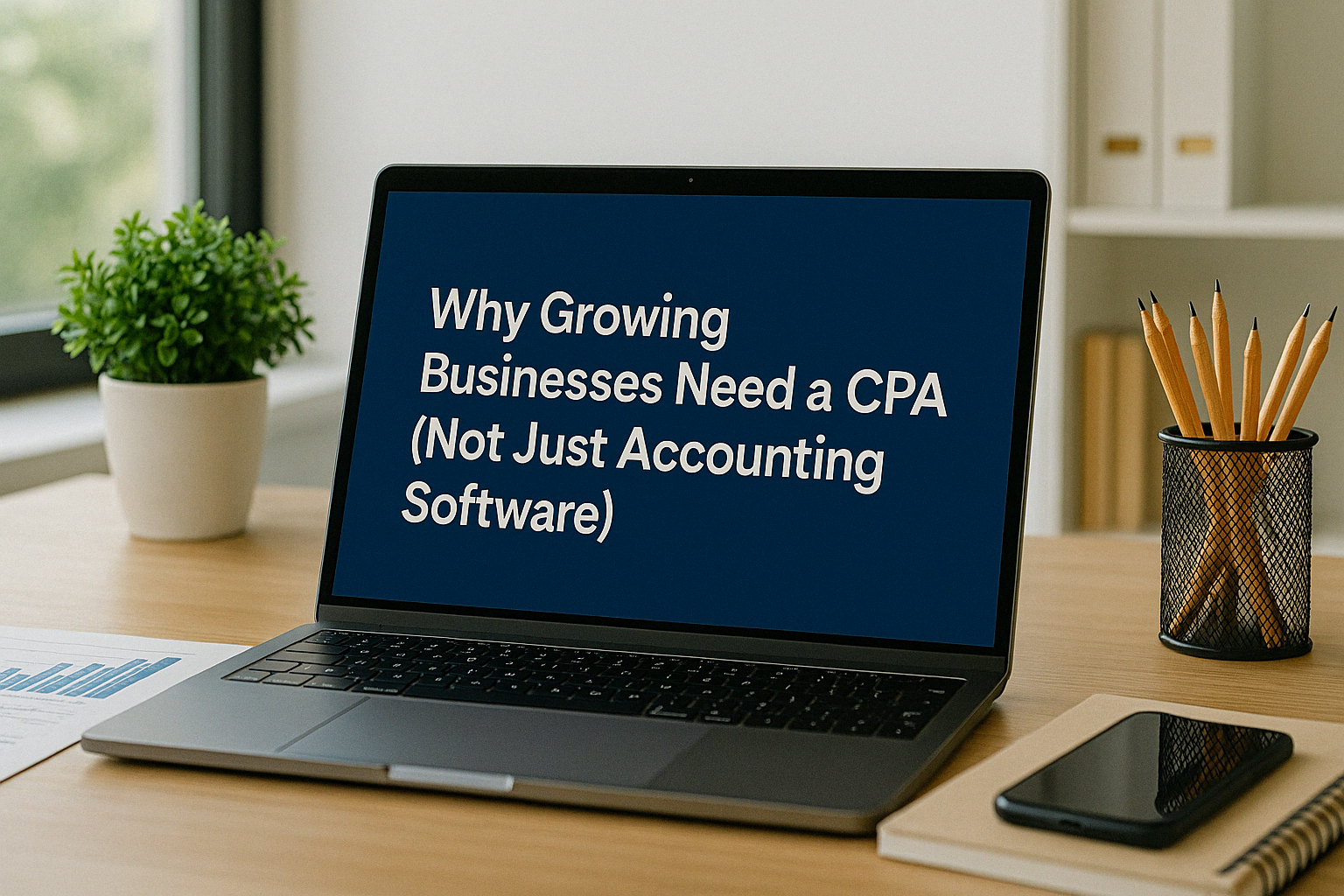Tax Benefits and Considerations for Charitable Giving

Explore how charitable contributions can impact tax deductions and overall financial planning.
Running a
CPA firm, I've seen my fair share of tax returns, and let me tell you, charitable giving is one area where people often miss out on some serious benefits. It's not just about feeling good (though that's a big part of it) - it's about making your money work smarter for you and the causes you care about. Let's dive into how you can make the most of your generosity come tax time.
The Tax Deduction Lowdown
First things first, let's talk tax deductions. When you donate to qualified charities, you're not just helping others - you're potentially lowering your tax bill. But here's the kicker: you've got to itemize your deductions on Schedule A of your tax return. I can't tell you how many times I've seen clients miss out on this because they didn't keep good records.
Pro tip: Keep those receipts! And I'm not talking about stuffing them in a shoebox. Get organized. Use a spreadsheet, an app, whatever works for you. Trust me, your future self (and your CPA) will thank you.
Now, there are limits to how much you can deduct, usually based on a percentage of your adjusted gross income (AGI). For example, if your AGI is $100,000 and you donate $20,000, you might not be able to deduct the full amount in one year. But don't worry - there are strategies for that.
Beyond the Basics: Strategic Giving
Here's where it gets interesting. Charitable giving isn't just about writing a check and calling it a day. There are some pretty clever ways to make your donations work harder for you and the causes you care about.
- Donor-Advised Funds: These are like a charitable savings account. You contribute now, get the tax deduction immediately, and decide later where the money goes. It's perfect for those years when you get a big bonus or sell a business. I had a client who sold her tech startup and used a donor-advised fund to spread out her giving over several years while maximizing her tax deduction in the year of the sale. Smart move.
- Legacy Planning: Thinking long-term? Including charities in your estate plan can reduce estate taxes and create a lasting impact. I once worked with a family who set up a charitable trust that not only supported their favorite causes but also provided income for their children. It was a win-win situation.
- Socially Responsible Investing:
This is a big one. More and more of my clients are looking to align their investments with their values. It's not just about donating - it's about supporting companies that are doing good in the world. And guess what? Many of these investments perform just as well as traditional ones.
The Non-Cash Contribution Conundrum
Here's something a lot of people don't realize: you can donate more than just cash. Got some stocks that have gone up in value? Donate them directly to charity, and you could avoid capital gains tax while still getting a deduction for the full market value. It's like magic, but legal.
I remember a client who had a collection of rare books gathering dust in his attic. We got them appraised and donated them to a local university library. Not only did he get a nice tax deduction, but he also got to see those books being used and appreciated. That's what I call a happy ending.
The Bottom Line
Charitable giving is powerful stuff. It's not just about the warm fuzzies (though those are great) - it's about making a real impact while also being smart with your money. But here's the thing: tax laws are always changing, and what worked last year might not work this year.
That's why it's crucial to work with a professional who knows their stuff. A good CPA can help you navigate the complexities of charitable giving, ensuring you're making the most of your generosity while staying on the right side of the IRS.
Remember, at the end of the day, it's about more than just the numbers. It's about creating a legacy, supporting causes you believe in, and making the world a little bit better. And if you can save some money on taxes while doing it? Well, that's just icing on the cake.
So go ahead, be generous. Just be smart about it too. Your wallet (and your conscience) will thank you.
Discover Your Tax Savings Score in Minutes!


Salim is a straight-talking CPA with 30+ years of entrepreneurial and accounting experience. His professional background includes experience as a former Chief Financial Officer and, for the last twenty-five years, as a serial 7-Figure entrepreneur.




